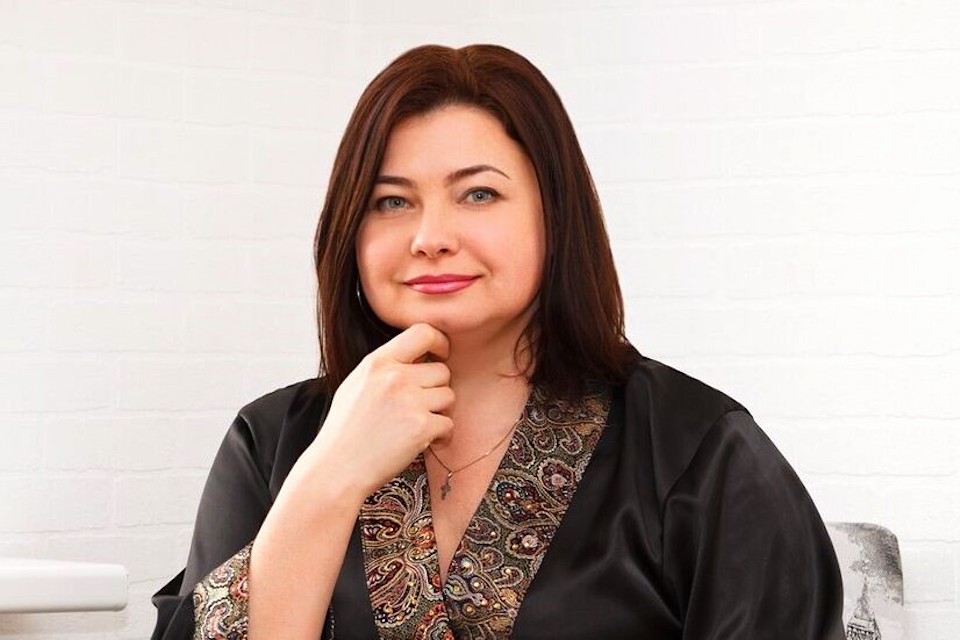In the words of Elena Biceva: “By taking care of ourselves, we can help even more”
Date:

As a result of the Russian invasion of Ukraine, hundreds of thousands of Ukrainians have fled to the Republic of Moldova, looking for a safe shelter. Amid this unprecedented crisis, the Government of the Republic of Moldova, international community, civil society organizations and many volunteers have joined efforts to respond promptly and efficiently to the needs of Ukrainian people. Those involved face many challenges, including maintaining psychological balance. For this reason, many psychologists and psychoterapists have started organizing mental health sessions. One of these specialists is Elena Biceva, President of the Moldovan Association of Gestalt Therapy and Psychodrama, who organizes mental health sessions for public servants involved in refugee crisis response. She explains the role of psychological counselling in crisis situations, as well as how to prevent emotional burnout.
![]()
Since the beginning of May, we have conducted four group sessions, discussing different aspects, including what can we do for the refugees and what we cannot, what are the signs of emotional and professional burnout but also how to cope with stress. Many of our beneficiaries had difficulty communicating with their colleagues but also with refugees. Initially, the biggest challenge was to organize this process. We all faced such a crisis for the first time and nobody knew how to behave. It was a process of finding solutions. Many of our beneficiaries faced emotional burnout, and it affected their relationship with their families. They felt overwhelmed and didn’t know how to manage their emotions.
In the practical part of the sessions, our beneficiaries learn stress coping methods, experience art therapy and psychodrama, work with metaphorical cards and play refugee roles. These activities help them find solutions to different situations, as well as resources to deal with challenges. At their request, we will organize individual sessions as well. At the same time, we are going to work with post-traumatic stress disorder.
For me, it is very important that people I work with find time to care for themselves. As a rule, those involved in managing humanitarian crises live and act as ‘savers’. They try to help more, and forget about their own needs and desires. But by taking care of ourselves, we can help even more. It is extremely important that we, specialists in psychology, provide emotional and methodological support to our beneficiaries. When a person faces a crisis, somebody should be around to remind them to take care of their mental health, to do sports, to have a daily routine. Otherwise, emotional burnout is unavoidable.
All of us have hidden traumas and dramatic episodes from our past. Such situations as the war in Ukraine bring out all our emotions, suffering and anxieties. It has happened to all the beneficiaries I work with. In the current context, many people suffer as witnesses of war. Although they are not attacked directly, they suffer psychologically, and they don’t understand what is happening to them. In such situations, it is crucial to have people around us who remind us that our feelings are okay, and this situation is not okay.
When facing a crisis situation, we try to survive, and we forget about emotional resources. This is a strategy, but in such cases we do need support. We need to share our feelings and emotions. At the same time, even outside of crisis situations, the most important thing for us is to live, not just to function. Taking care of mental health makes us feel all emotions, and feel alive.”
The Moldovan Government has established a working group of volunteers within the Ministry of Internal Affairs, who contribute to receiving, assisting and accommodating the flow of migrants from Ukraine. Besides this, many service-providers are supporting the process. Considering the challenges and pressures they face, UN Women contracted the organization led by Biceva to provide psychological support and counselling to service-providers and volunteers working with refugees fleeing the war in Ukraine.